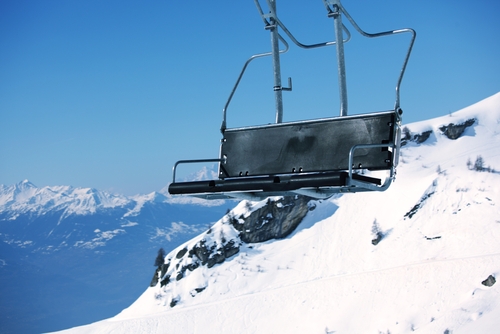
The purpose of the amendments are to allow discovery in proportion to: needs of the case; amount in controversy; complexity of the case; the parties’ resources; the importance of the issues; the importance of the discovery in resolving the issues – U.R.C.P. 26(b)(2)(A); the likely benefits of the proposed discovery outweigh the burden or expense – R.26(b)(2)(B); the discovery is consistent with the overall case management and will further the just, speedy and inexpensive determination of the case – R.26(b)(2)(C); the discovery is not unreasonably cumulative or duplicative – R.26(b)(2)(D); the information cannot be obtained from another source that is more convenient, less burdensome or less expensive – R.26(b)(2)(E); and the party seeking discovery has not had sufficient opportunity to obtain the information by discovery or otherwise, taking into account the party’s relative access to the information – R.26(b)(2)(F).
The new rules establish 3 tiers of cases based on the damages pled and set limits for standard discovery for each tier:
|
Tier |
Amount of Damages |
Total Fact Deposition Hours |
Rule 33 Interrogatories including all discrete subparts |
Rule 34 Requests for Production |
Rule 36 Requests for Admission |
Days to Complete Standard Fact Discovery |
|
1 |
$50,000 or less |
3 |
0 |
5 |
5 |
120 |
|
2 |
More than $50,000 and less than $300,000 or non-monetary relief |
15 |
10 |
10 |
10 |
180 |
|
3 |
$300,000 or more |
30 |
20 |
20 |
20 |
210 |
To obtain discovery beyond these standard limits, the parties may stipulate or a party may file a motion explaining why the extraordinary discovery is necessary. However, the stipulation or motion must be filed before the close of standard discovery and after reaching the limits of standard discovery. R.26(c).
Finally, the standard discovery and new rules on initial disclosures eliminate the need for case management orders, discovery plans and attorney planning conferences and those requirements have been removed from the rules. R.26(f).
Plaintiff’s Initial Disclosures are required to be served within 14 days after the service of the first answer to the complaint. The Defendant must serve its Initial Disclosures within 28 days after Plaintiff’s first disclosures or after Defendant’s appearance in the case, whichever is later.
With respect to experts, within 7 days after the close of fact discovery, Plaintiff must disclose: (i) the expert’s curriculum vitae identifying the expert’s qualifications, publications, and prior testimony; (ii) compensation information; (iii) a brief summary of the opinions the expert will offer; and (iv) a complete copy of the expert’s file for the case.
Within 7 days after this disclosure, the party opposing the retained expert may elect either a deposition or a written report from the expert. A deposition is limited to four hours. The report or deposition must be completed within 28 days after the election is made. Designation of Defendant’s experts follows a similar schedule.
This is a brief summary of the changes to the discovery rules in Utah. From a subrogation perspective, the new rules should streamline discovery and move subrogation cases more quickly toward resolution or trial.
**Many thanks to Leslie Hulburt for her assistance in preparing this blog post.




